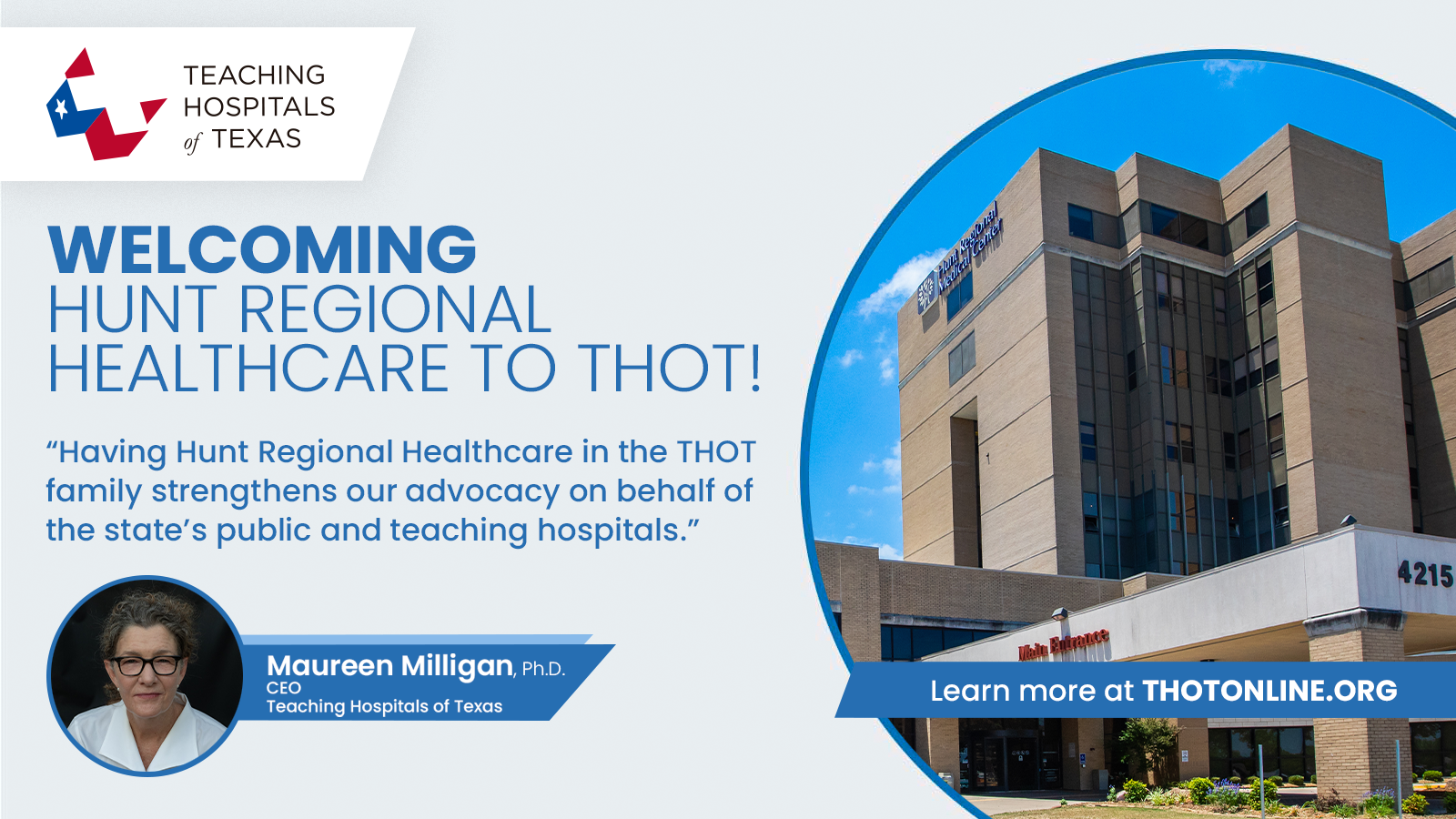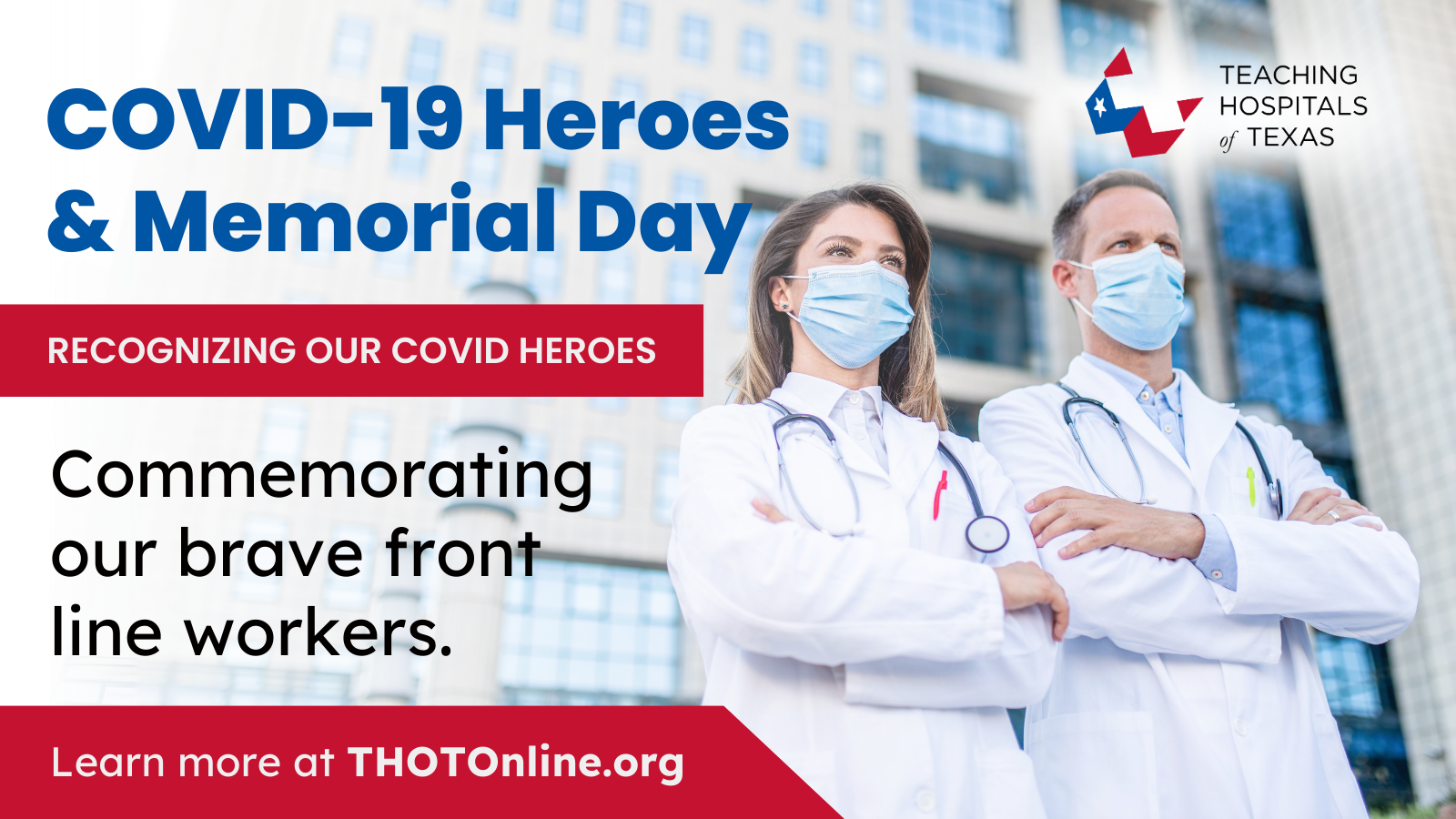When public health challenges arise, public hospitals step up — not just for their immediate communities, but for the broader regions that rely on their expertise and resources. As a public teaching hospital , University Medical Center (UMC) in Lubbock is a prime example of how public hospitals go beyond traditional care delivery to serve as vital health partners.
Recently, as cases of measles began to emerge in Gaines County, UMC responded swiftly and effectively. Working alongside the South Plains Public Health District and the Lubbock City Health Department, UMC deployed its AMBUS (ambulance bus) to provide screening and testing to those at risk, relieving strain on the local hospital and mitigating the spread of infection.
A Mobile Health Solution for a Public Health Challenge
The AMBUS is a multi-patient emergency response vehicle jointly owned by the State and UMC. Capable of transporting and caring for as many as 24 patients, it, has been instrumental in disaster response situations across Texas – from dust storms causing mass pile ups on I-27 to wildfires in the panhandle. When not deployed to an incident by the Texas Emergency Medical Task Force, UMC is responsible for the entire cost of the AMBUS deployment, as is the case with the measles outbreak in Gains County. UMC leveraged this resource to prove drive-up testing outside hospital facilities, reducing the risk of in-hospital transmission and ensuring that those exposed could be identified quickly.
“ It’s just something we do because we think it’s the right thing to do. It’s part of the mission that we have within our communities,” said Jeff Hill, PT, MPT, MBA, FACHE, senior vice president at UMC Health System.
The partnership between UMC, the South Plains Public Health District, and the state allowed for seamless specimen collection and rapid processing at the state lab in Austin. This proactive approach not only contained potential exposure but also provided an efficient, community-centered response to a growing public health threat.
Preparing for the Next Wave
As measles cases have now been confirmed in multiple counties — including Lubbock —UMC continues to refine its response. With public health experts anticipating an extended outbreak, the AMBUS will soon be stationed at UMC Lubbock to provide immunoglobulin therapy, a critical treatment for those exposed to measles. This effort is yet another example of how teaching hospitals like UMC innovate to protect public health while navigating the constraints of funding and resource allocation.
The Role of Public Hospitals in Community Health
“As policymakers consider changes that could impact Medicaid and other hospital funding, it is crucial to recognize the indispensable role that public hospitals play in safeguarding community health,” said Maureen Milligan, PhD, MPA, president and CEO at THOT. “Their ability to respond to crises like the Gaines County measles outbreak underscores the need for continued support and investment in these vital institutions.”
In times of crisis, public hospitals serve as the frontline defenders of community health. UMC Lubbock’s response to this outbreak reinforces the indispensable role of teaching hospitals — not only in educating future healthcare professionals but also as vital elements of a robust public health infrastructure and response.




